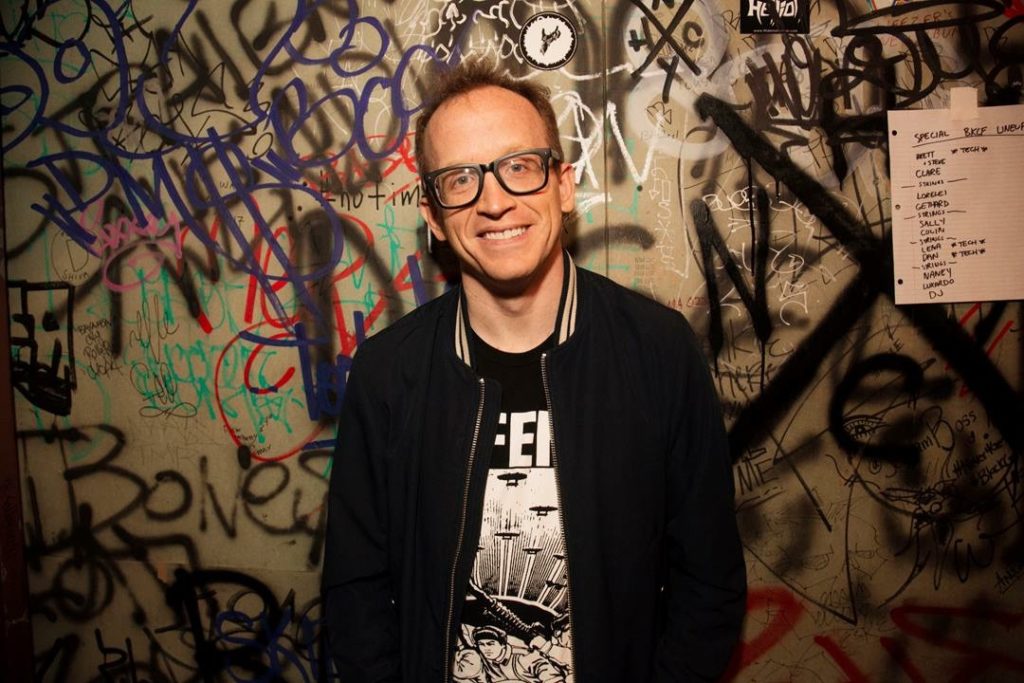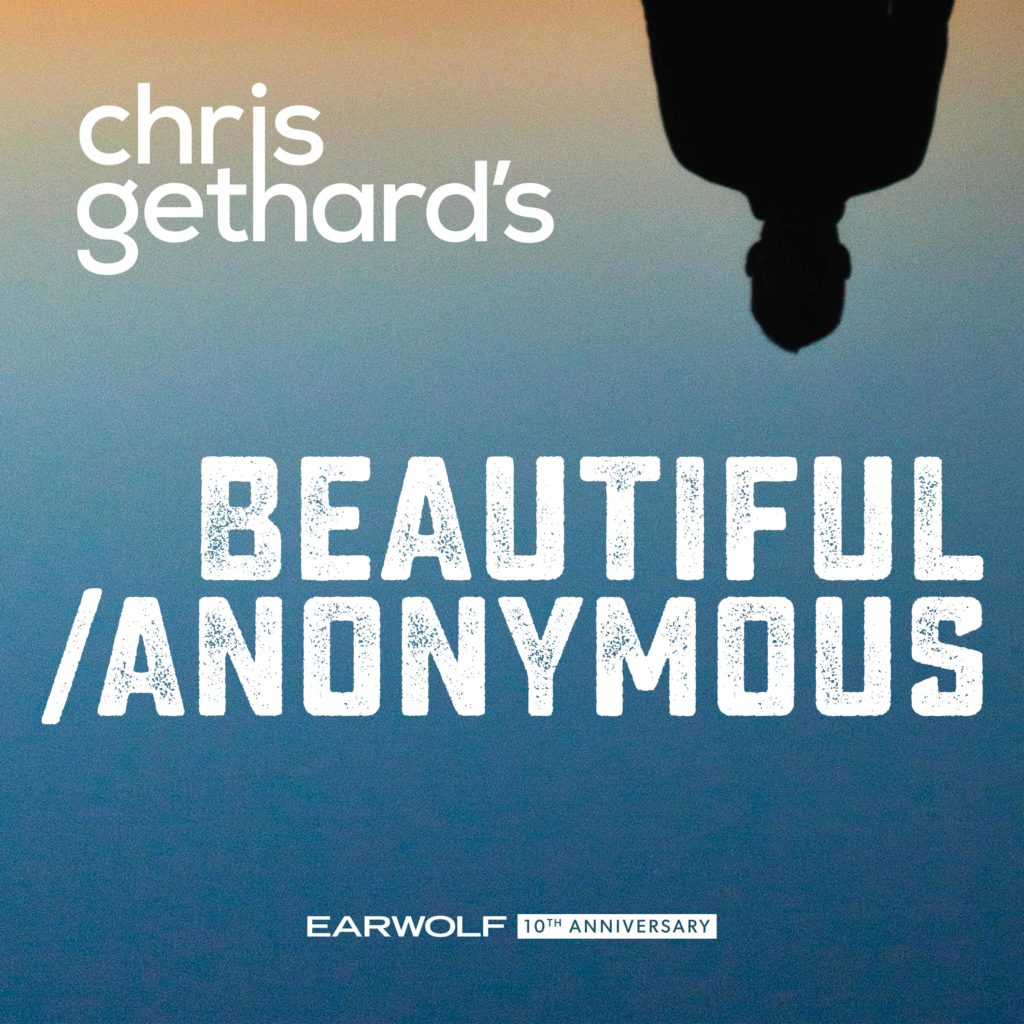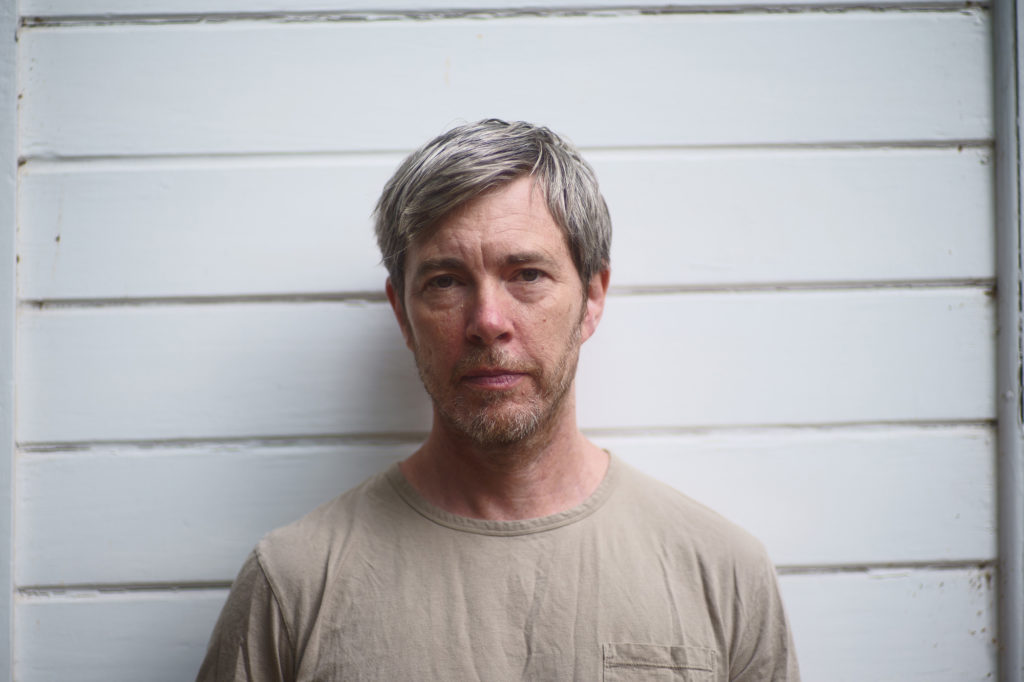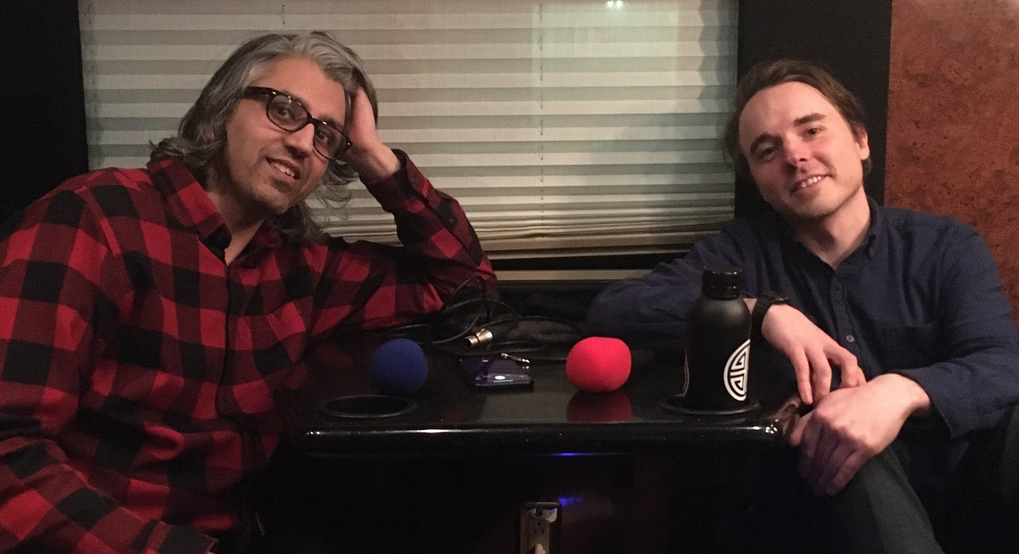Comedian and Beautiful/Anonymous podcast host Chris Gethard discusses cultural regionalism, David Letterman, Atom and His Package, punk, politics, actually listening to one another, future plans, and more! Supported by you on Patreon, Live at Massey Hall, Pizza Trokadero, the Bookshelf, Planet Bean Coffee, and Grandad’s Donuts. Support Black Women United YEG.





